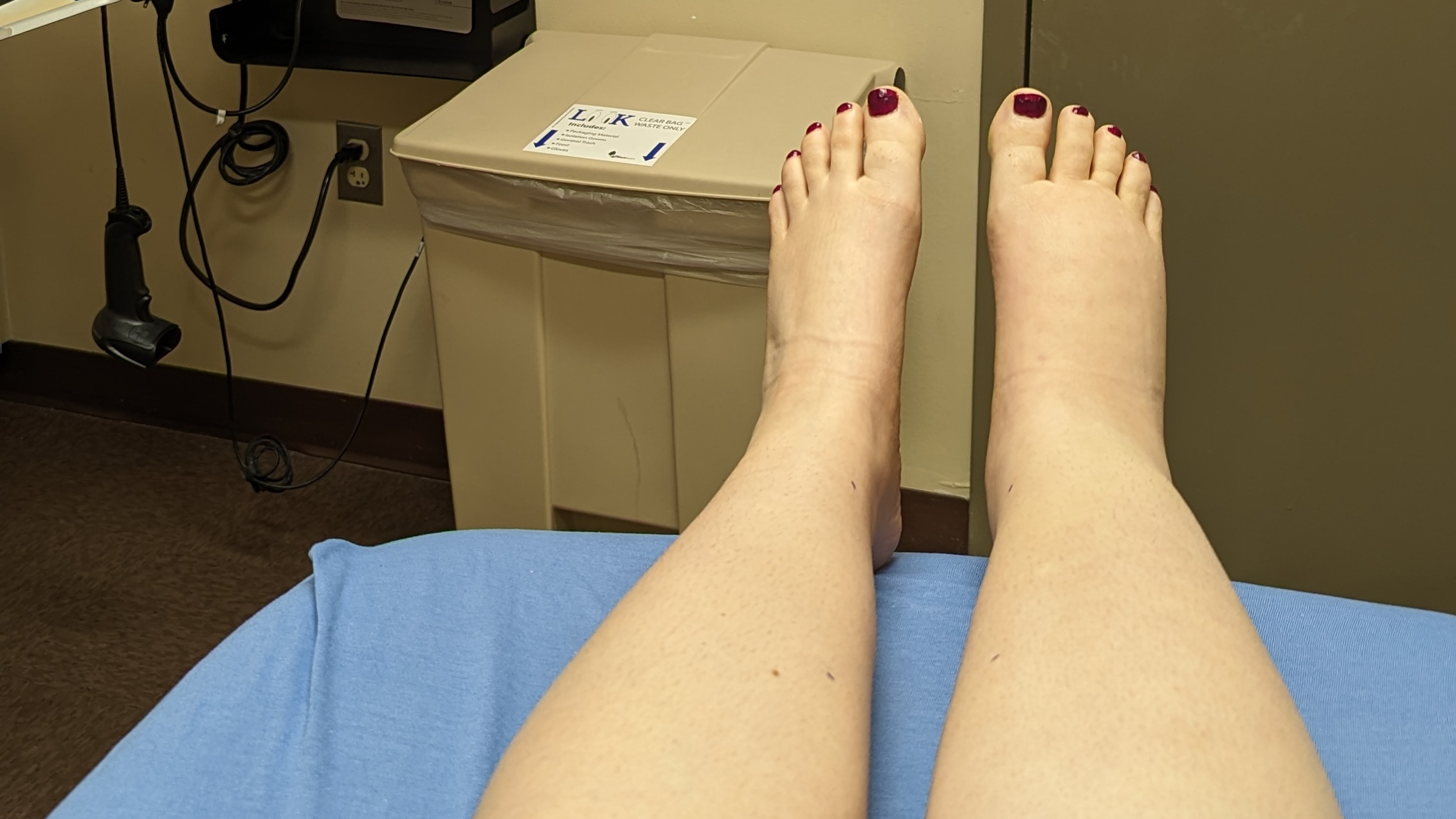I’ve been a smoker for a while, first trying cigarettes in high school and then picking up a habit in college. Until recently, I had only smoked socially, at parties or when I was drinking. After my pancreatitis attack in 2010, smoking replaced drinking as a way to engage socially with others, and I began to smoke more regularly. I’ve since quit (although still having the occasional one now and then), but quitting was a long and difficult process. Nicotine addiction goes beyond the chemical dependency – it’s also psychological, as the actual act of smoking provides relaxation, stress relief, and an acting out of compulsions. It’s very much a social thing; I’ve met so many people just by bumming cigarettes or lighters.
Obviously, smoking is bad for you. It’s such an unnecessary risk to take, and one that can be so easily avoided. We’ve all seen the pictures of diseased lungs and tracheostomy tubes that people get after years of smoking. We’ve all seen these, but we still do it. If you’re a smoking Lymphie, here’s something that might convince you to begin the quitting process: smoking affects lymphedema.
That’s right! Just like most other things, smoking can adversely affect your limbs. Smoking narrows the blood vessels, decreasing blood flow and depleting the skin of oxygen and other nutrients that are so important to the health of your skin. It increases damage to the elastic fibers and collagen – the things that give your skin elasticity and strength – and these stresses can make your lymphedema worse.
Quitting smoking can greatly improve your health, not just with your lymphedema but in other areas as well: quitting lowers the risk of several cancers; improves respiratory function; reduces the risk of heart disease; and reduces the risk of chronic obstructive pulmonary disease.
My therapist told me that, as with any addiction, you need to take it day by day. For example, don’t think that you’re going to quit forever starting right now – you’re only setting yourself up for failure. If you think long term, and then you cave and have a cigarette, you’re going to feel awful. Instead, take it one day at a time and think to yourself: “I will get through today without smoking. Tomorrow, I’ll think about tomorrow, but today is now.” By taking this approach, you are building yourself up to quit as well as ensuring more of a chance of success. And you can totally do it!
It’s never too late to quit, because the body can heal itself over time. It’s really amazing, actually! Look at what happens to your body once you stop smoking:
- Within 20 minutes, your blood pressure decreases, your pulse rate drops, and the body temperature of your hands and feet increases.
- At 8 hours, the carbon monoxide levels in your blood drops and your oxygen levels in your blood increases to normal.
- At 24 hours, the chance of a heart attack decreases.
- At 48 hours, your nerve endings begin regrowth, and your ability to smell and taste improves.
- Between 2 weeks and 3 months, circulation improves, walking becomes easier, and lung function increases.
- Between 1 to 9 months, you begin to notice a lessening in coughing, sinus congestion, and fatigue.
- After a year, your risk of coronary heart disease is decreased to half that of a smoker.
- After 5 years, your stroke risk is reduced to that of people who have never smoked.
- At 10 years, your risk of lung cancer drops to as little as one-half that of continuing smokers.
- At 15 years, your risk of coronary heart disease and death is reduced to the level of those who have never smoked.
If you’re a smoker, please seriously consider quitting or beginning the quitting process. Your body will thank you, and you’ll live a richer (both figuratively and literally – cigarettes are expensive!) life.
Here are some resources to help you quit smoking:
- Four Steps to Defeat the Urge to Smoke
- Five Minutes to Curb Cravings
- Developing the Will to Quit
- Smokefree.gov
- Guide to Quitting Smoking
How about you? What are your experiences with smoking and lymphedema?




Leave a Reply